A new long-range drone has been successfully trialed by authorities to combat illegal fishing in Queensland’s protected waters of the Great Barrier Reef. The Aerosonde 4.7 drone, described as “virtually undetectable” to illegal fishers, is set to become a key tool in enforcing compliance and protecting the reef’s fragile ecosystem in Australia..

Drone Capabilities and Mission
The Aerosonde 4.7 is a beyond visual line of sight (BVLOS) drone equipped with advanced features, including:
- Gimbal camera with daylight infrared and ultra zoom lenses
- Optical, heat, radar, and other sensors for detecting movement at high altitudes
- Dash speed of 120 kilometers per hour
- Endurance of up to 18 hours
- Ability to launch from islands and patrol vessels
The drone was tested over the summer, focusing on the Capricorn and Bunker Group of islands and reefs, known as a hotspot for illegal fishing. Chris Cochrane, director for field management operations at the Great Barrier Reef Marine Park Authority (GBRMPA), stated that the drone’s capabilities make it “virtually undetectable by illegal fishers” and allow it to “loiter for longer to gather quality evidence and increase the chances of successful prosecutions in court.”

Illegal Fishing Threatens the Reef
Illegal fishing poses a significant threat to the Great Barrier Reef, which has already experienced widespread bleaching. Cochrane emphasized the importance of reducing external pressures on the reef to help it recover, stating, “Illegal fishing is one of those things … and it’s very important that everyone does the right thing and follows the zoning rules.”

According to GBRMPA, approximately 600 recreational fishing offenses are recorded each year, accounting for half of all offenses in the marine park. While this represents a small percentage of the 1.3 to 1.4 million individual fishing trips annually, the impact on the reef’s ecosystem can be significant.

Reactions from Stakeholders
Recreational fisher Tony Minto, who has been fishing the Great Barrier Reef for 45 years, acknowledged the prevalence of illegal fishing, particularly in areas like Swains Reef and Cario Bay. He believes the drone is a good deterrent but suggests that fines need to be higher to outweigh the potential rewards of illegal fishing.

David Bobberman, executive officer of the Queensland Seafood Industry Association, highlighted the potential impact of illegal fishing on the commercial sector. Inaccurate estimates of recreational fishing efforts can affect stock assessments and harvest strategies, putting the rebuilding of fish stocks at risk for all fishers.

The successful trial of the Aerosonde 4.7 drone marks a significant step forward in the fight against illegal fishing in the Great Barrier Reef. By providing authorities with a powerful tool for surveillance and evidence gathering, the drone is expected to play a crucial role in protecting the reef’s delicate ecosystem. As the drone program expands to target known illegal fishing hotspots, it is hoped that increased enforcement and Education will encourage all fishers to follow zoning rules and contribute to the reef’s recovery.
Photos courtesy of ABc News and the Great Barrier Reef Marine Park Authority.

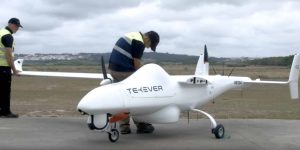







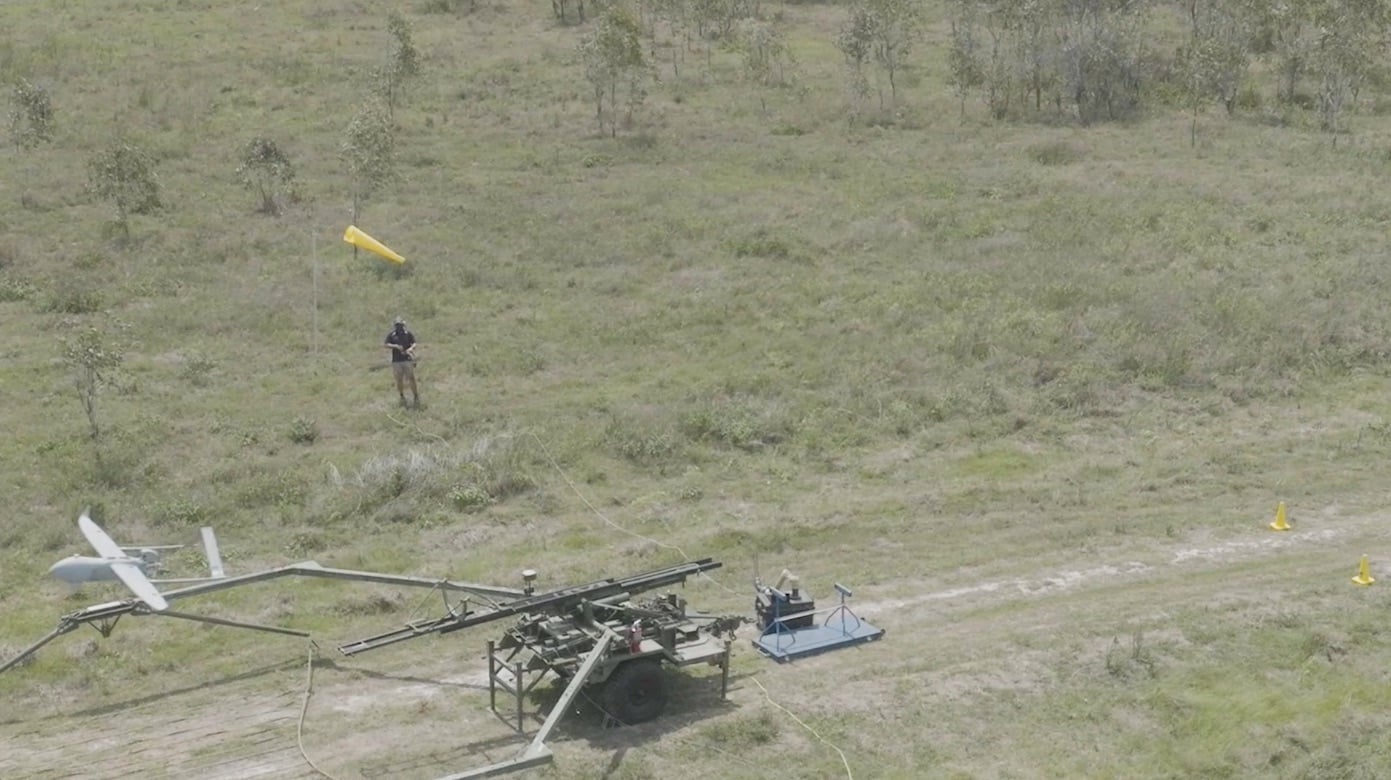
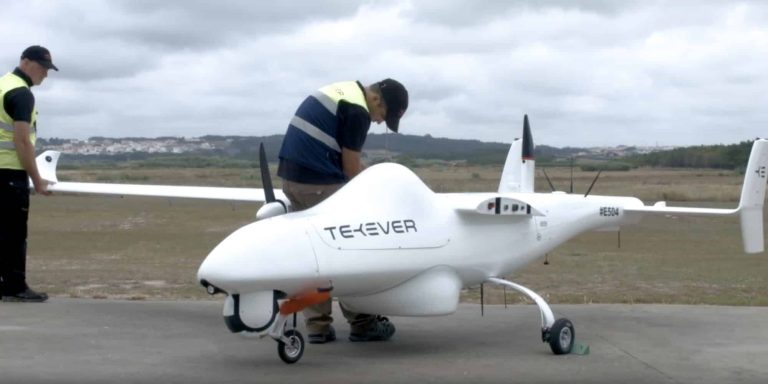
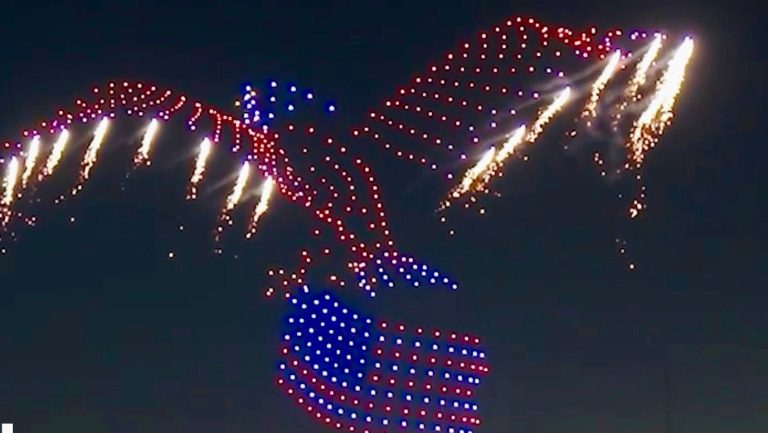

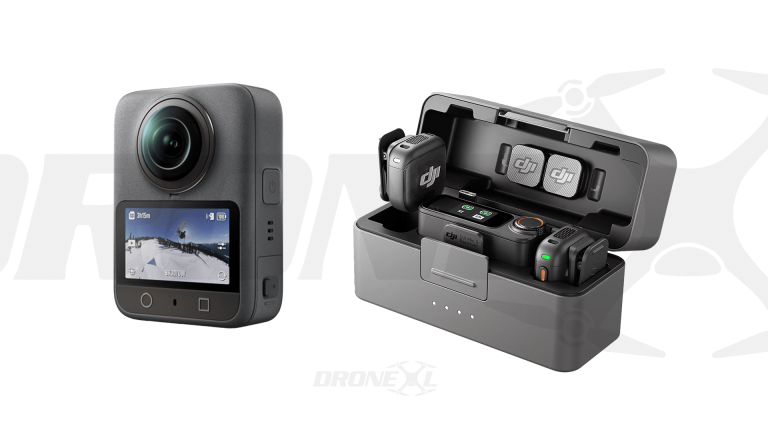




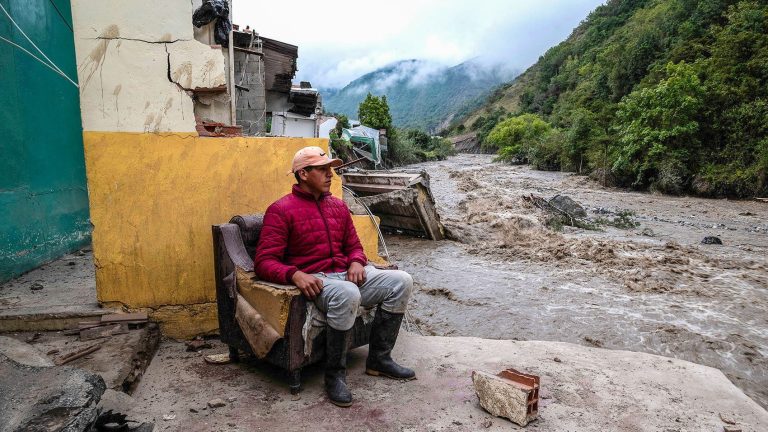

+ There are no comments
Add yours